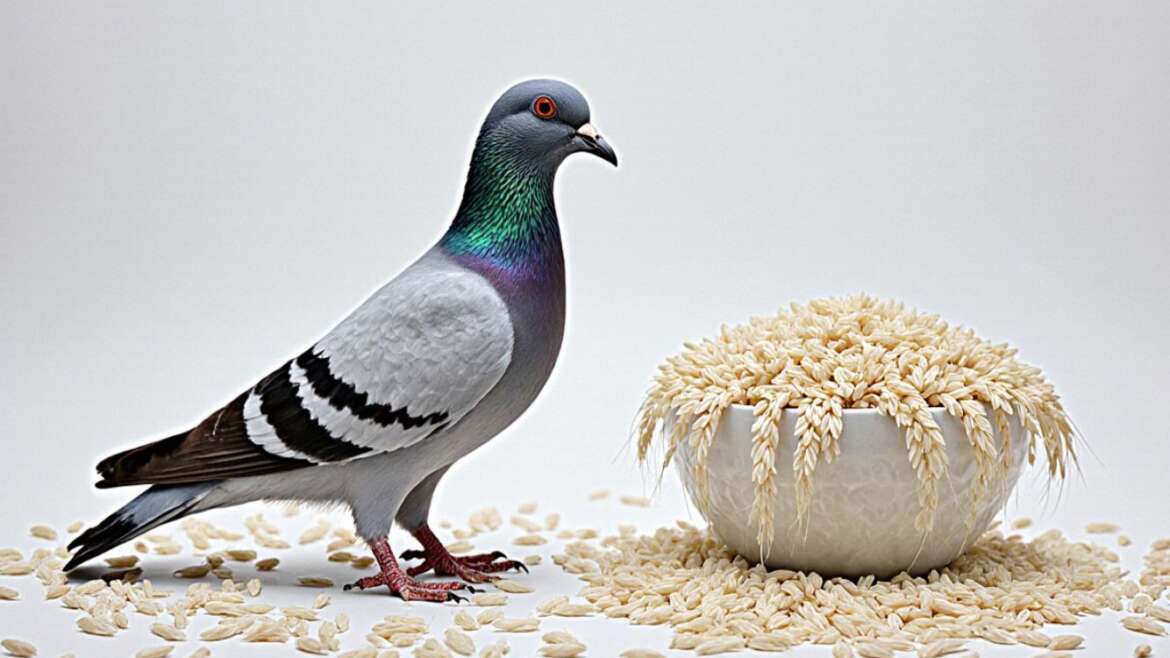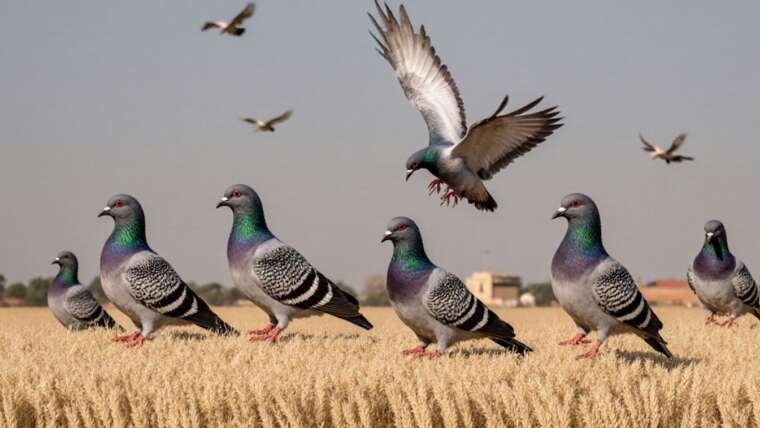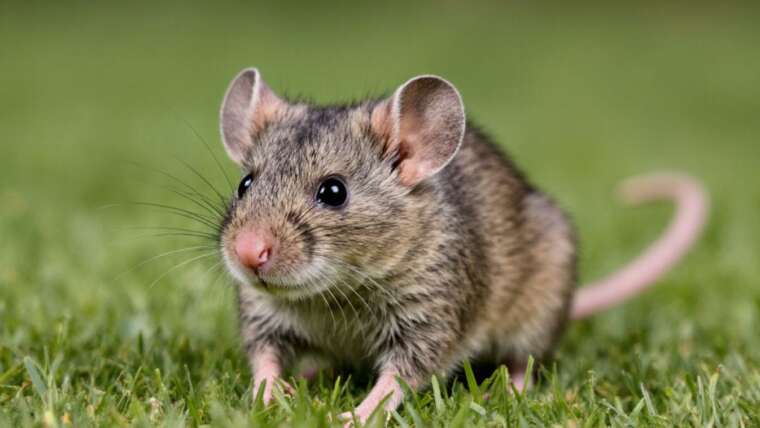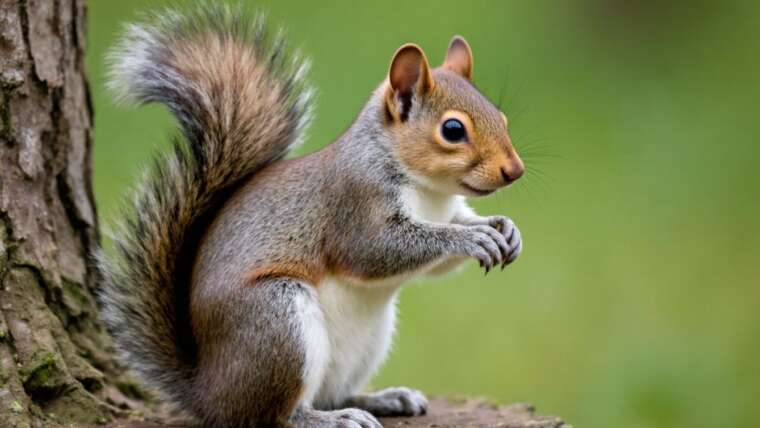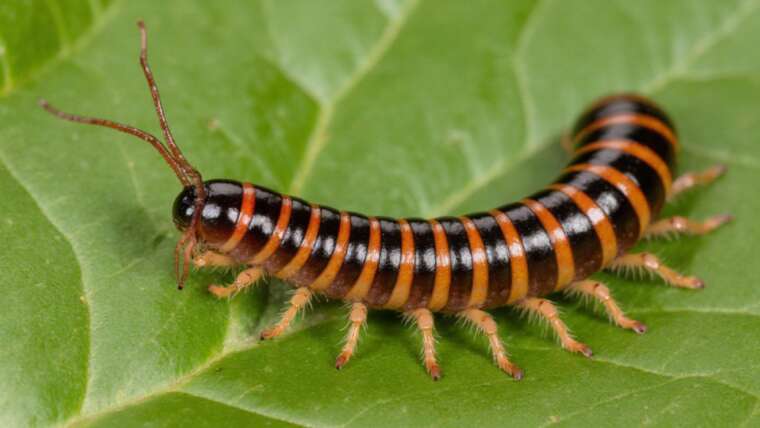The Myth of Rice and Birds
It is a common myth that rice can kill birds if consumed. According to urban legend, uncooked rice expands in a bird’s stomach, leading to tearing and potentially causing death. Out of concern for avian health, many people have stopped throwing rice at weddings, believing that they might inadvertently harm local bird populations. However, this belief is entirely unfounded. Birds are perfectly capable of digesting grain, including rice, just like other animals.
Tip: Next time you’re at a wedding with rice, consider using grains like birdseed instead. It’s a more eco-friendly choice and can even provide a snack for local wildlife!
Understanding Bird Dietary Preferences
Although birds can eat rice with little to no adverse effects, most urban species tend to avoid it. For instance, pigeons, finches, and chickadees often prefer more nutritious food sources when foraging. If you’re considering using rice as a method to deter pigeons, rethink your strategy, as your efforts might not yield the desired results. Instead, focusing on what they truly prefer will be more effective.
Fact: Birds are known to have specific feeding behaviors; for example, pigeons thrive on seeds, fruits, and veggies. Try using sunflower seeds or millet to attract different bird species instead!
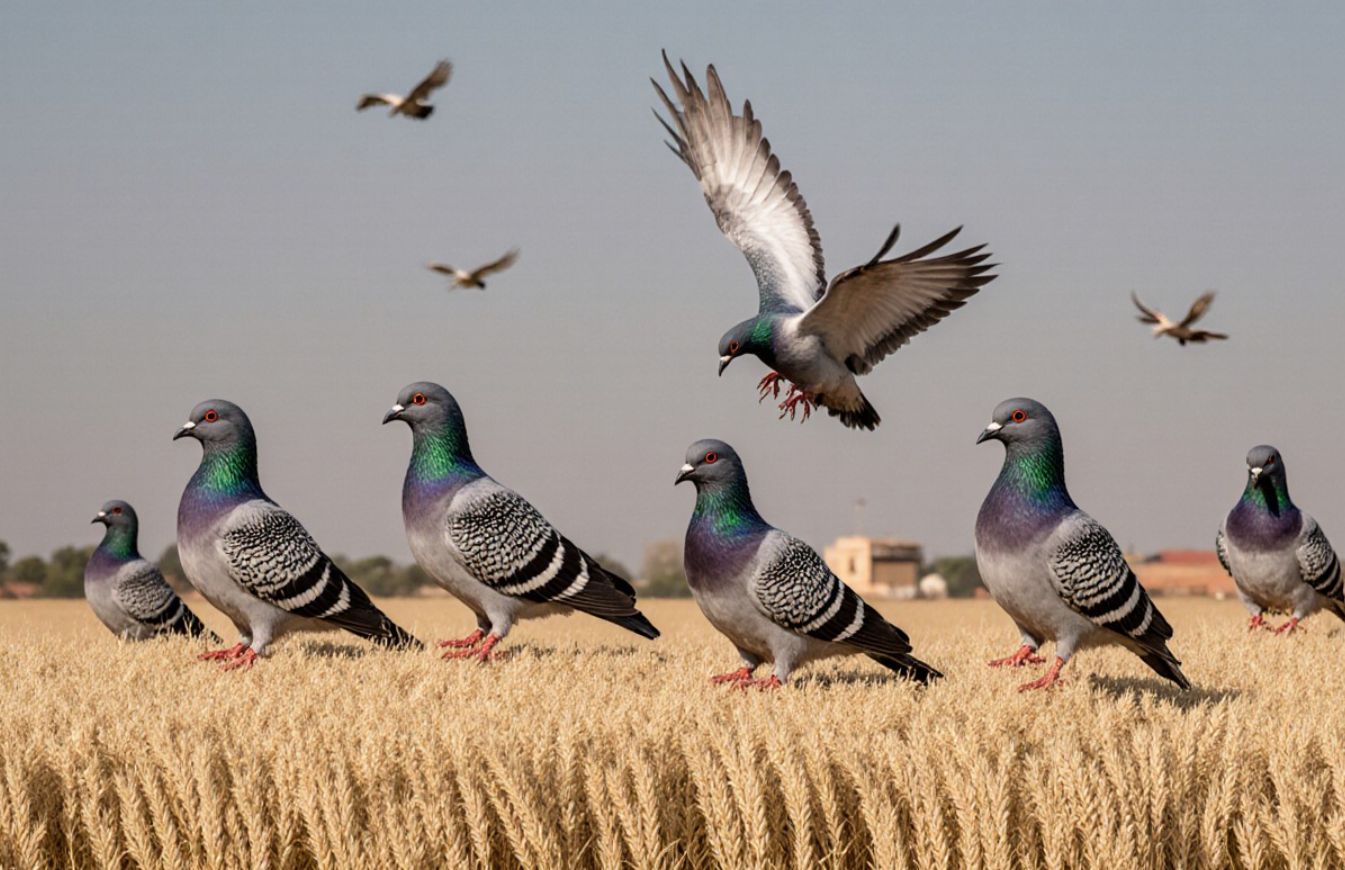
Methods to Get Rid of Nuisance Birds
Birds such as pigeons, starlings, and sparrows can quickly become a nuisance on your property. Their droppings are not only unsightly but can also contaminate your yard and cause damage to surfaces, potentially leading to health risks. Furthermore, birds can be carriers of parasites like mites, fleas, and lice—ectoparasites that pose additional concerns when they gain access to your home. Employing effective methods can help reduce their visits and keep your living space clutter-free.
Tip: Regularly clean areas where birds frequently gather to minimize food sources and nesting opportunities, creating a less inviting environment for them.
Sound Repellents
While not all sound repellents are effective, some have proven successful in discouraging birds. Pigeons may be indifferent to rice but can be frightened away by loud noises. Employing sonic units that imitate distress calls can be particularly effective. These devices mimic the sounds of birds in distress, making it seem as if danger is present. Additionally, using species-specific distress calls can enhance effectiveness, as different bird species respond to varying tones.
Tip: For a DIY approach, use recorded sounds of nearby predator calls. Just ensure you change the recordings frequently to prevent birds from acclimating to the sounds.
Visual Repellents
Visual repellents like kites, balloons, and predator decoys can serve to deter birds, particularly when they feature realistic movements. However, these methods may lose effectiveness over time as birds become accustomed to their presence. Therefore, it’s crucial to rotate and vary the visual deterrents you employ for optimal results.
Fact: Reflective objects, such as CDs or aluminum foil strips, can also work as inexpensive visual deterrents. The glare of sunlight can confuse and scare away birds.
Tactile Products
Tactile products, often sticky substances applied to surfaces where birds may perch, create an uncomfortable resting condition for them. Applying these materials on rooftops, ledges, and other roosting spots can help deter returning birds. However, the weather can significantly affect their longevity, necessitating frequent reapplications to maintain their deterrent effect.
Tip: Consider using gel formulas designed specifically for bird control. These often last longer and are more humane than traditional sticky substances.
Removal and Exclusion
When it comes to effectively dealing with bird infestations, professional pest control services are often the best choice. Many myths exist around the behaviors and diets of birds, such as the belief that they can’t eat rice. Instead of wasting time and money on unproven methods, contacting a professional service like Terminix® can provide you with reliable, evidence-based scenarios tailored to your specific situation.
Fact: Before contacting service providers, observe which species are causing the nuisance. This information can lead to more targeted and effective pest control measures.

